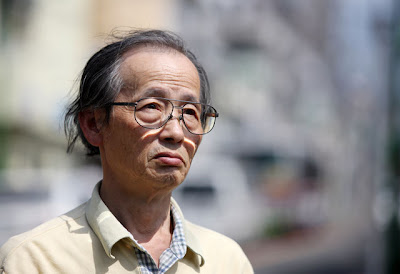Will The Fed Give Into QE Brats?

Pinchas Landau of the Jerusalem Post reports, We want quantitative easing now : There is something profoundly pathetic about the fact that the dominant concern of the entire financial world for the last two weeks has been what the chairman of the Federal Reserve Board, Ben Bernanke, will say at the annual late-summer gathering of central bankers and senior economic figures, held at Jackson Hole, Wyoming. The words that will issue from Bernanke’s mouth will, supposedly, be critical for the financial markets and for the American and global economies. This is what it has come to, five years into the global economic crisis and four years after the “Lehman moment” that sent the crisis spinning out of control and placed the entire world on the very edge of a major depression. It is axiomatic in mainstream financial circles that: a) the actions of Bernanke and his fellow central bankers at that time prevented the descent into depression; b) his subsequent policies, meaning various...




